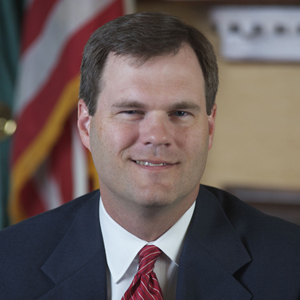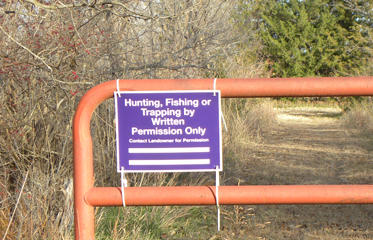Is It Legal To Record A Person In North Carolina?
 We are often asked about recording a third party. This is a complex issue because the law varies from state to state and often varies when the communication crosses state lines. The general rule in North Carolina is that an individual who has the consent of one of the parties to either an in-person conversation or electronic communication can lawfully record it or disclose its contents. This assumes that both parties to the conversation are in North Carolina at the time of the recording.
We are often asked about recording a third party. This is a complex issue because the law varies from state to state and often varies when the communication crosses state lines. The general rule in North Carolina is that an individual who has the consent of one of the parties to either an in-person conversation or electronic communication can lawfully record it or disclose its contents. This assumes that both parties to the conversation are in North Carolina at the time of the recording.
In-Person Recording
For an in-person conversation, the consent of at least one party to a conversation is required to record an “oral communication” which is defined as “any oral communication uttered by a person exhibiting an expectation that such communication is not subject to interception under circumstances justifying such expectation, but the term does not include any electronic communication.” Thus, a person does not need consent to record conversations in public where there is no reasonable expectation of privacy.
Electronic Recording
For an electronic communication, the consent of at least one party to any telephone communication is required to record it. Further, “wireless communications” applies to “any transfer of signs, signals, writing, images, sounds, data, or intelligence of any nature.” Thus, consent is required to disclose the contents of text messages sent between wireless devices. One North Carolina case dealt with the issue of consent and the North Carolina Court of Appeals stated that a person can give “implied consent” when the person is warned of the monitoring of the conversation but still continues with the conversation. Obviously, the point being that if you know that your conversation is being recorded, you need to stop talking or else you face the possibility that you have consented to the recording.
Hidden Camera Recording
There is also the scenario of using a hidden camera to record a person. Needless to say, there is the real possibility of invading someone’s privacy through the use of a hidden camera, which is impermissible under many circumstances. However, it is not against the law to use a recording device in areas to which the public has access or there is no reasonable expectation of privacy (such as public streets, hotels, parks, etc.), so long as other laws are not violated (such as “upskirting”).
Why You Should Not Illegally Record a Person
Illegally recording an in-person conversation or electronic communication is a felony offense. Further, anyone whose wire, oral or electronic communication has been recorded or disclosed in violation of the law can bring a civil suit to recover the greater of actual damages versus the statutorily set amounts for damages, and can recover punitive damages, attorney’s fees and court costs as well. And to go further, even disclosing the contents of a wire, oral or electronic communication obtained through illegal recording is a felony.
The foregoing represents a general overview on the law of recording a third party in North Carolina. You should consult experienced legal counsel before undertaking any recording to ensure that you are complying with North Carolina law. And you should be very cautious before making a recording or intercepting a recording when state lines are being crossed.
Call 919-615-2473 or contact the Raleigh attorneys at Kirk, Kirk, Howell, Cutler & Thomas if you have a question about your rights under North Carolina privacy law.
Protecting your Privacy ~ Your privacy is our primary concern. At Kirk, Kirk, Howell, Cutler & Thomas, LLP., we understand the importance of protecting your privacy and will never share your contact information with a 3rd party. Contacting our law firm does not imply any form of attorney-client relationship.
Information presented on this website should not be construed as formal legal advice or the formation of an attorney-client relationship. Additionally, any email sent to Kirk, Kirk, Howell, Cutler & Thomas, L.L.P. or any of its lawyers at the email addresses set forth in this website will not create an attorney-client relationship.













